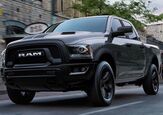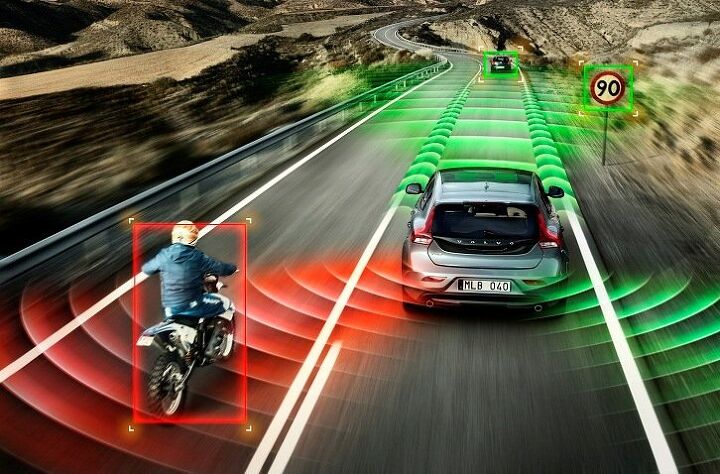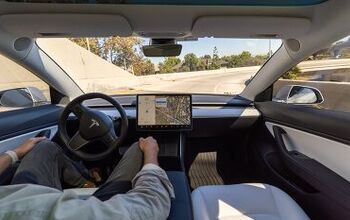Michigan's Self-Driving Dream Is Now Just a Vote Away

If the House approves it, Michigan will become the first state to allow autonomous vehicles to drive on certain public roads, at any time, for any purpose.
According to the Detroit Free Press, the state Senate has unanimously approved four bills aimed at making Michigan the self-driving mecca of the U.S., giving consent for autonomous vehicles to operate on 122 miles of public roads, not just on closed courses during pilot projects.
After the 36-0 vote in the Senate, the bills move to the House for consideration. Automakers and tech developers have their fingers crossed, as they plan to turn the state into a proving ground for what they hope is the future of driving.
Lawmakers seem to share the same view. Sen. Ken Horn (R-Frankenmuth), speaking to the Detroit Free Press, compared the legislation and burgeoning industry to the Cold War-era space race.
Naturally, the legislation is worded to protect the state’s automakers. Senate Bills 995 and 996 allow “on-demand automated motor vehicle networks,” but only if it involves a recognized automaker. That leaves Ford, Fiat Chrysler and General Motors in the clear, but keeps the likes of Google, Apple and other players out.
Ford and GM have their own autonomous vehicle operations in Michigan, while FCA has partnered with Google on a fleet of 100 self-driving Chrysler Pacifica minivans. Top Japanese automakers have collaborated with Ford and GM on the University of Michigan’s Mobility Transformation Center and its Mcity testing facility.
The legislation, if passed by the House, would benefit the fledgling American Center for Mobility and its goal of turning the Willow Run airport into a self-driving tech hub.
On the safety front, one of the bills targets hackers, making it clear that anyone caught accessing or tampering with a self-driving vehicle’s electronic control systems will face serious consequences, including the potential for life in prison.
[Image: Volvo]

More by Steph Willems
Latest Car Reviews
Read moreLatest Product Reviews
Read moreRecent Comments
- Redapple2 Wall Street Journal yesterday. A story on how fed requirements for carbon sequestration will close natural gas and coal elect generating plants. In the mean time, elect demand to double. BEV cars, AI, Crypto, population. Severe Shortage obvious. Add in 6-8 yr approval of transmission lines, add 2-4 yrs construction of lines. Also adding to delay. 2-5 yr backlog of large transformers.WSJ today. Current Admin wants International Energy Conservation Code standards applied to house building. This will add $31,000 to the price of a standard house.Get they self to a red state. Pronto. (Except you libs/jacobins- please stay in your blue states)
- Tassos Newsmaxx tells me sustainability is a euphemism for socialism.
- Redapple2 Pass.1 profile pix shows massive C pillar.2 looks too much like trax.3 low mount headlamps4 1.5 turbo set to expire at 78,000 miles.5 33% US content. Hecho Mexico.
- Lou_BC "wait until 30 minutes after eating" My strategy for reading TTAC ;)
- THX1136 "Meet the new boss, same as the old boss" P. Townsend


































Comments
Join the conversation
bill could backfire
I read somewhere that autonomous vehicles have a lot of trouble merging onto busy freeways and sometimes come to a complete halt at the end of the ramp, waiting for a big gap. Don't know if this is actual experience or someone's speculation but this could be interesting! Also the "playing chicken" possibilities sound like fun - until someone gets hurt, of course.